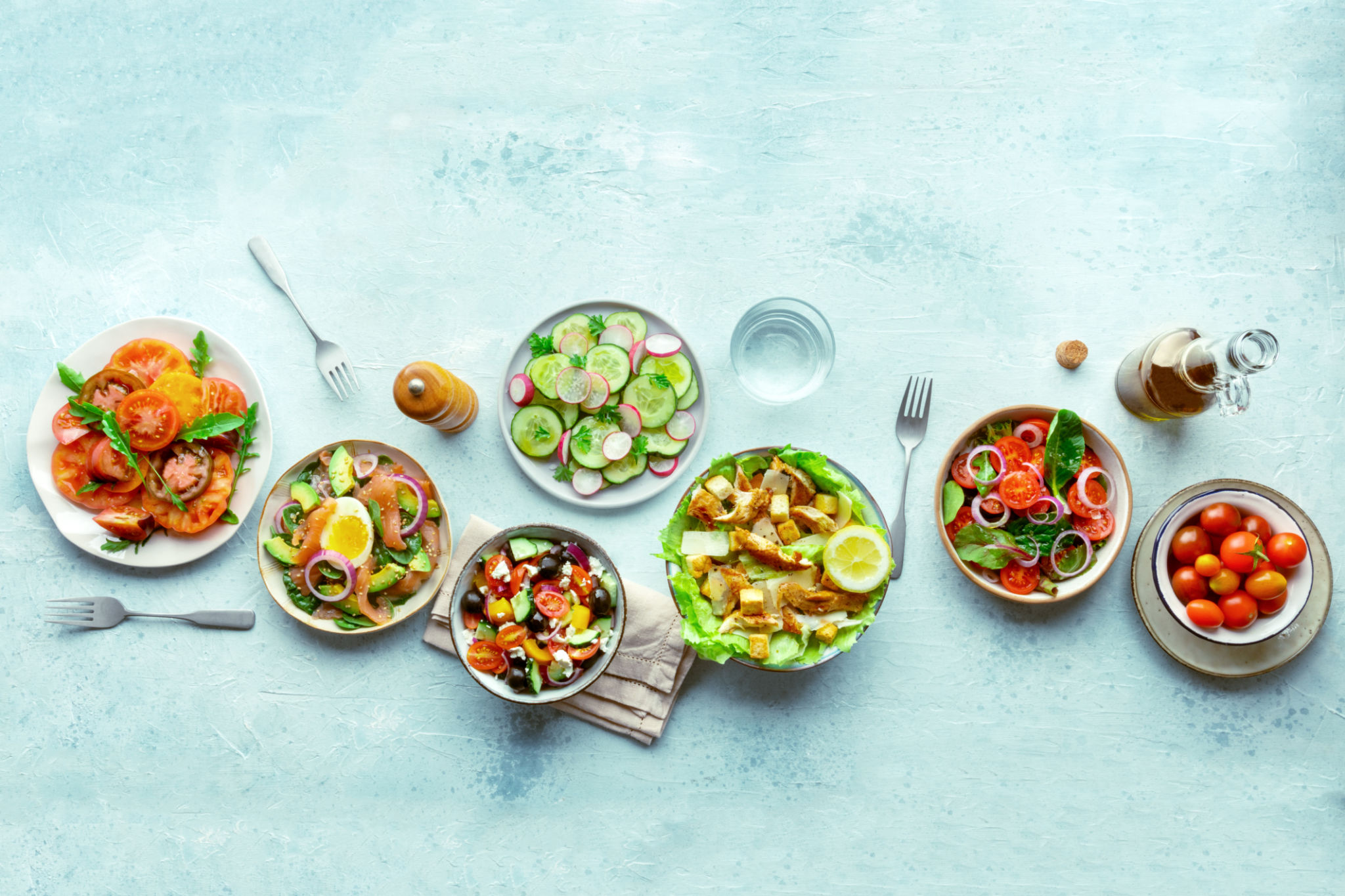Why Food is the Foundation of Health: "You Are What You Eat"
The Essence of Real Food
The ancient saying, "You are what you eat," holds profound truth. Just as plants thrive in nutrient-rich soil and animals grow strong on proper diets, human health depends on the quality and quantity of the food we consume. Yet, in modern life, fast food, frozen meals, and processed snacks dominate our plates—often lacking essential nutrients. This raises critical questions:
What truly makes food "healthy"?
How much and how often should we eat these foods?
Can frozen or pre-made food be part of a healthy diet?
Are supplements enough to replace real food?
Let’s explore why whole, nutrient-dense foods are irreplaceable for long-term health.

1. The Problem with Modern Diets: Fast Food & Processed Meals
Fast food and frozen meals are convenient but often:
- Lack fiber, vitamins, and minerals (lost during processing)
- Contain excess sugar, salt, and unhealthy fats (linked to obesity, diabetes, heart disease).
- Include artificial additives (preservatives, flavor enhancers) that may harm gut health.
Example: A fast-food burger may fill your stomach, but it lacks the antioxidants, omega-3s, and fiber found in a homemade meal with fresh vegetables, lean meat, and whole grains.

2. What is Truly Essential Food?
The human body needs six key nutrients to function optimally:
Proteins (meat, fish, beans, tofu) → Builds muscles, repairs tissues.
Carbohydrates (whole grains, fruits, vegetables) → Energy for brain & body.
Fats (avocados, nuts, olive oil) → Supports hormones & cell health.
Vitamins (A, C, D, etc.) → Immunity, skin, bones.
Minerals (iron, calcium, magnesium) → Blood, bones, nerves.
Water → Digestion, detox, temperature control.
Missing these = slower metabolism, weaker immunity, chronic fatigue.

3. How Much & How Often Should You Eat Them?
Daily Essentials (General Guide)
Vegetables: 4–5 servings (1 cup leafy greens, ½ cup cooked).
Fruits: 2–3 servings (1 medium apple, ½ cup berries).
Proteins: 0.8g per kg of body weight (e.g., 60g for a 75kg person).
Healthy fats: 2–3 tbsp (olive oil, nuts, seeds).
Whole grains: 3–5 servings (1 slice whole-grain bread, ½ cup quinoa).
Frequency Matters
Eat vegetables at every meal (variety = more nutrients).
Protein with each meal (keeps muscles and metabolism strong).
Limit processed sugar (causes energy crashes, inflammation).
4. Can I Use Frozen Food?
Yes—but choose wisely!
Frozen vegetables/fruits (flash-frozen at peak ripeness) often retain more nutrients than out-of-season "fresh" produce.
Avoid frozen meals with additives (check labels for excess sodium/sugar).
Best for convenience: Frozen spinach, berries, fish (no breading/sauces).

5. Can Supplements Replace Real Food?
No—they’re a backup, not a replacement.
- Whole foods contain fiber, enzymes, and co-factors that pills lack.
- Over-reliance on supplements can lead to imbalances (e.g., too much synthetic vitamin A).
- Exceptions: Vitamin D (if deficient), B12 (vegans), or doctor-prescribed needs.
Conclusion: Food is Your Best Medicine
Just as a car needs quality fuel to run smoothly, your body thrives on real, nutrient-rich foods. While occasional fast food or frozen meals won’t ruin your health, making whole, minimally processed foods the foundation of your diet ensures:
✔ Strong immunity
✔ Stable energy
✔ Long-term disease prevention
Final Tip: Start small—swap one processed meal a day with a homemade dish (e.g., grilled chicken + steamed veggies instead of a microwave dinner). Your body will thank you!